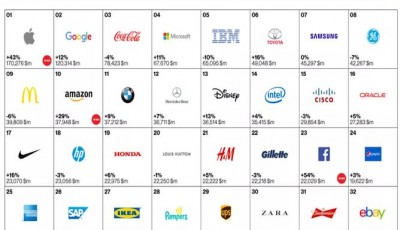French Privacy Watchdog Rejects Google Delisting-Order Challenge
“We’ve worked hard to implement the right to be forgotten ruling thoughtfully and comprehensively in Europe, and we’ll continue to do so”, the company told The Times in a statement.
A European court ruled in 2014 that any individual can request that some results connected to their names be removed from search engines under certain criteria. But French victims of the rule are set to have it enforced globally after the French data regulator dismissed an appeal from Google.
On Monday, French data protection agency Commission Nationale de l’Informatique et des Libertés, or CNIL, rejected Google’s appeal of a notice that would require it to apply user requests to remove websites from its search results across all of its domains, meaning the entire world.
“In order to find the delisted result, it would be sufficient to search on another extension (e.g. searching in France using google.com)”, the president wrote. The panel opposed applying the ruling beyond European Union domains.
In July, Peter Fleischer, Google’s global privacy counsel, called France’s request to clean up global results “troubling” and said it could risk “serious chilling effects on the web”. It simply requests full observance of European legislation by non-European players offering their services in Europe.
This case shows how little power the multiplicity of national privacy regulators have to defend the European Union’s 500 million citizens, and highlights the tangle of different legal regimes that hamper multinational companies hoping to serve them.
This only applied in Europe but in June France’s data regulator told Google to remove results seen by everyone.
Google has no further right to appeal the order at this stage under French law.
There seems to be little pressure on Google to comply: It took CNIL a year after the CJEU ruling to ask Google extend the right to be forgotten to google.com and now, four months later, it is merely threatening to appoint someone to report to its sanctions committee “with a view of obtaining a ruling on this matter”. Fines would likely start at around €300,000 ($336,000) but could increase to between 2-5% of Google’s global operating costs.












